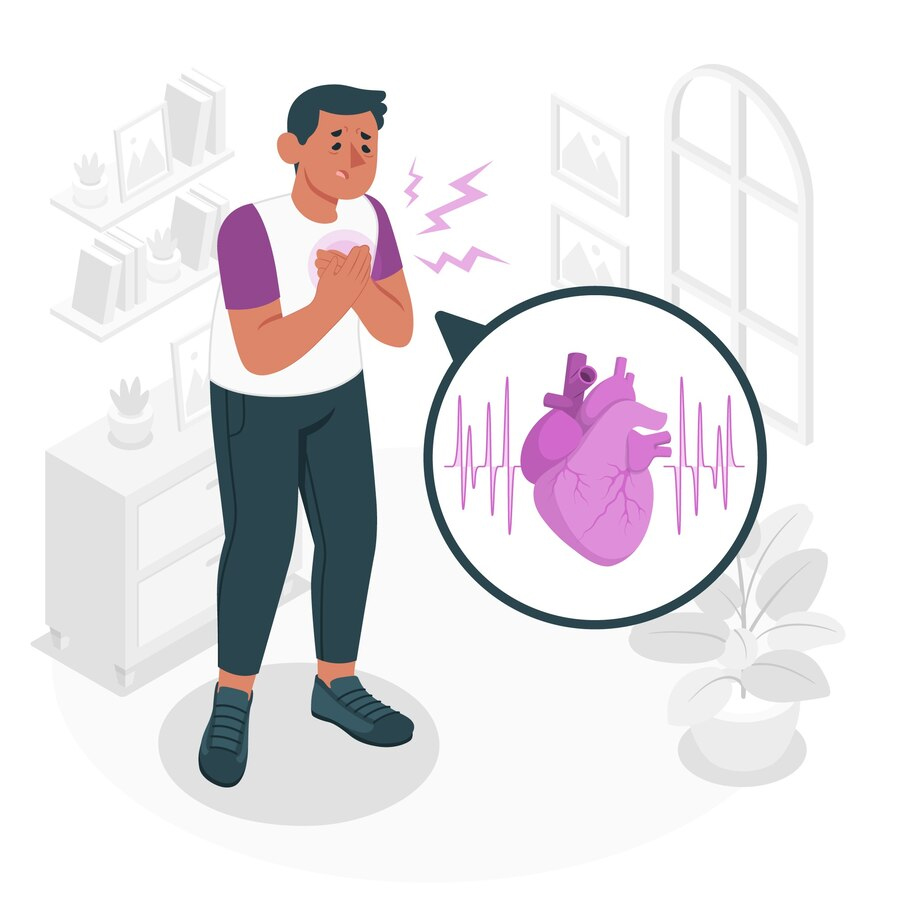
Can Erectile Dysfunction Be A Warning Sign Of Heart Disease? Cardiologist Explains
While it’s a topic many men shy away from, erectile dysfunction (ED) is more common than most realise. In fact, over 30% of men between the ages of 40 and 70 experience difficulty achieving or maintaining an erection. What may come as a surprise is that ED can actually serve as an early indicator of underlying or future heart conditions.
Interestingly, treating heart disease may also lead to improvements in erectile function. To understand this connection better, we spoke with Dr Narasimha Pai, MBBS, DM (Cardiology), DNB (Cardiology), Visiting Consultant Cardiologist at SDM Multi-speciality Hospital, Ujire.
Shared Risk Factors and Physiological Connection
ED and cardiovascular disease (CVD) may present differently, but they often stem from the same root causes. According to Dr Pai, both conditions are frequently linked to:
- Hypertension
- Diabetes mellitus
- High cholesterol
- Obesity
- Smoking
- Sedentary lifestyle
"Many of these factors contribute to endothelial dysfunction, which impairs blood flow throughout the body including to the heart and the penis," explains Dr Pai.

A common underlying culprit is atherosclerosis, the hardening and narrowing of arteries due to plaque buildup. This affects both coronary and penile arteries. Because penile arteries are significantly smaller (1–2 mm in diameter) compared to coronary arteries (3–4 mm), symptoms like ED tend to appear earlier. This concept is known as the Artery Size Hypothesis.
Don't Miss: Anti-Seizure Medications During Pregnancy: Are They Safe? Expert Insights Inside
1
2
3
4
ED As A Cardiovascular Warning Sign
Research indicates that ED may precede symptoms of coronary artery disease by as much as 2 to 5 years. “In many cases, erectile dysfunction is the first clinical presentation of systemic vascular disease,” says Dr Pai. “It provides a critical window of opportunity to screen and intervene before more serious cardiac events occur.”
The Massachusetts Male Ageing Study, among others, supports this claim showing a strong correlation between ED severity and increased cardiovascular risk.
Cardiac Safety and Treatment Cautions
When treating ED in patients with cardiovascular risks, medication choice matters. PDE-5 inhibitors like sildenafil (Viagra) and tadalafil (Cialis) are generally effective and safe but they come with caveats.
“These medications are absolutely contraindicated in patients taking nitrates due to the risk of dangerous drops in blood pressure,” Dr Pai warns. “They also require caution when used alongside alpha-blockers or certain older antihypertensives.”
However, not all heart medications worsen ED. Safer options include:
- Nebivolol – a beta-blocker that promotes nitric oxide-mediated vasodilation
- ACE inhibitors and ARBs – both of which have either neutral or even beneficial effects on erectile function
- Dr Pai also told us that lifestyle modifications should not be overlooked. “The goal isn’t just symptom control. Sustainable changes can benefit both heart and sexual health.”

Lifestyle Measures That Help Both Heart and Sexual Health
Adopting a heart-healthy lifestyle can significantly improve ED symptoms while also reducing cardiovascular risk. Experts, including Dr Pai, recommend:
- Regular aerobic exercise
- A Mediterranean-style diet
- Smoking cessation
- Limiting alcohol consumption
- Proper control of blood sugar, blood pressure, and cholesterol levels
"Erectile dysfunction is not just about intimacy, it's a vascular red flag," says Dr. Pai. “Every man who presents with ED, especially if he’s middle-aged or older, should undergo a basic cardiovascular screening. It’s a proactive approach that can alter long-term outcomes.”
Erectile dysfunction and cardiovascular disease are intricately linked. ED may, in fact, be the earliest visible sign of systemic vascular disease. Recognising it as such not only improves patient care but also enables timely interventions that can prevent major cardiac events.
Don't Miss: 5 Sexual Health Benefits Of Cloves For Men And Women
So, the next time ED appears, don’t just think about it as a private inconvenience consider it a potentially life-saving warning sign.
Keep reading Herzindagi for more such stories.
Credits: Freepik
Herzindagi video
1
2
3
4